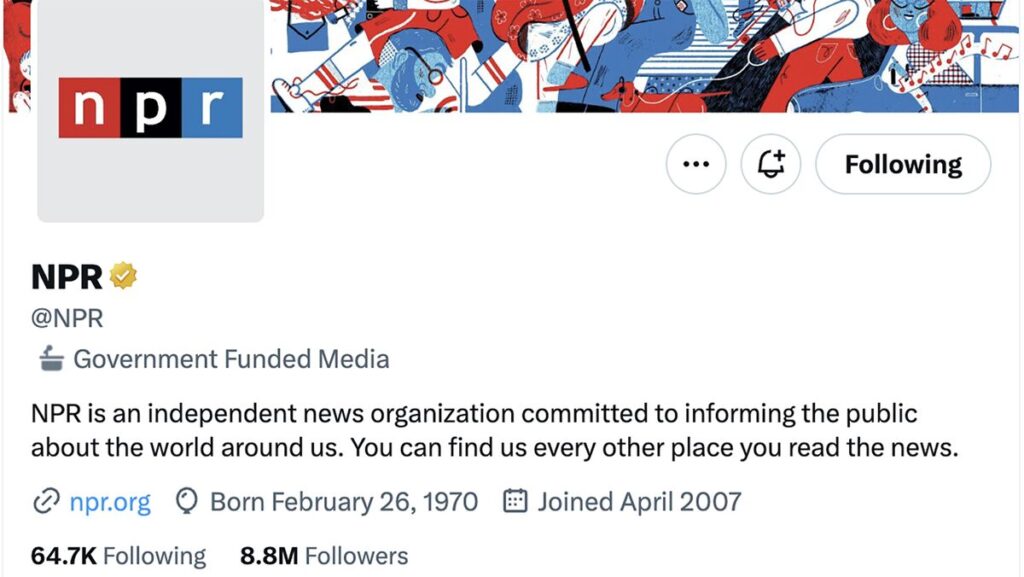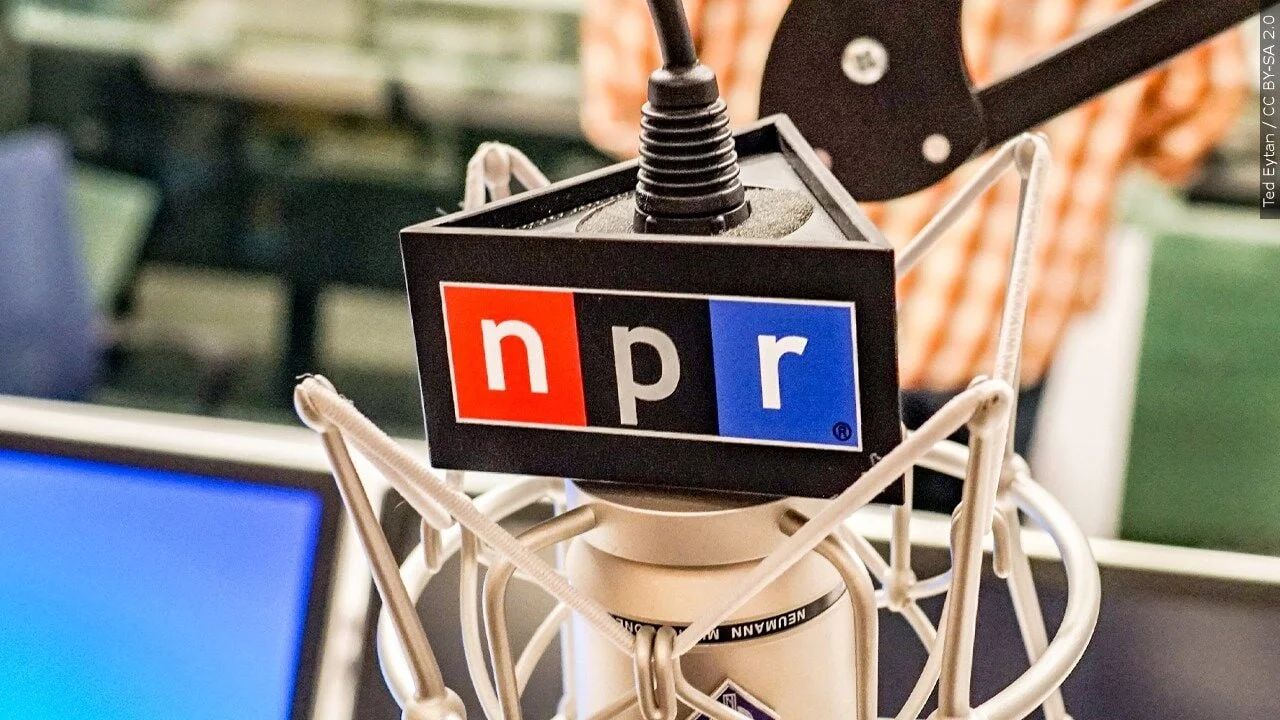National Public Radio (NPR) has announced that it will no longer be active on Twitter due to recent actions by the social media platform that the news organization claims undermines its credibility. Twitter had labeled NPR’s main account as “state-affiliated media,” which is typically used to identify media outlets that are controlled or heavily influenced by authoritarian governments.
However, NPR has claimed that the label is inaccurate and implies a lack of editorial independence, which the news organization strongly disputes. After facing backlash, Twitter changed the label to “government-funded media,” but NPR still found the label to be unacceptable.
In response, NPR released a statement on Wednesday saying, “We are not putting our journalism on platforms that have demonstrated an interest in undermining our credibility and the public’s understanding of our editorial independence.”
NPR’s decision to leave Twitter will not affect individual journalists, employees, or member stations. While NPR does receive funding from federal agencies and departments, it accounts for less than 1% of its annual operating budget.
Twitter’s new labels have faced criticism for being arbitrarily assigned. Elon Musk, who owns Twitter, has acknowledged the controversy and claimed that the label was meant to be accurate and truthful. In an interview on Tuesday with a BBC technology reporter at Twitter’s San Francisco headquarters, Musk said, “Our goal was simply to be as truthful and accurate as possible. So I think we’re adjusting the label to be ‘publicly funded,’ which I think is perhaps not too objectionable. We’re trying to be accurate.”

This move by NPR is not unique, as other news organizations have also expressed concerns over Twitter’s labeling system. The BBC, which was also labeled as “government-funded media,” has called for greater transparency and consistency from Twitter regarding the use of these labels.
Overall, NPR’s decision to leave Twitter highlights the ongoing debate around the role of social media in journalism and the need for greater transparency and accuracy in labeling systems.




